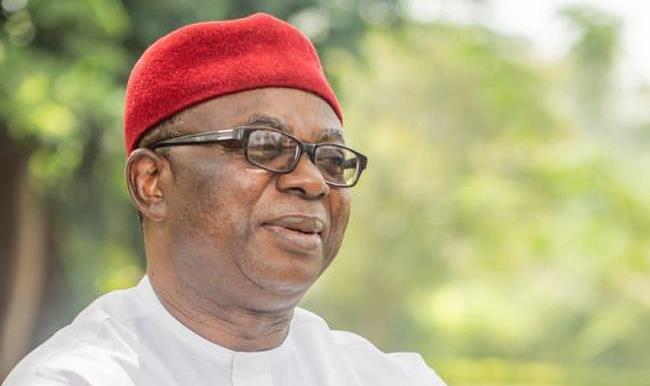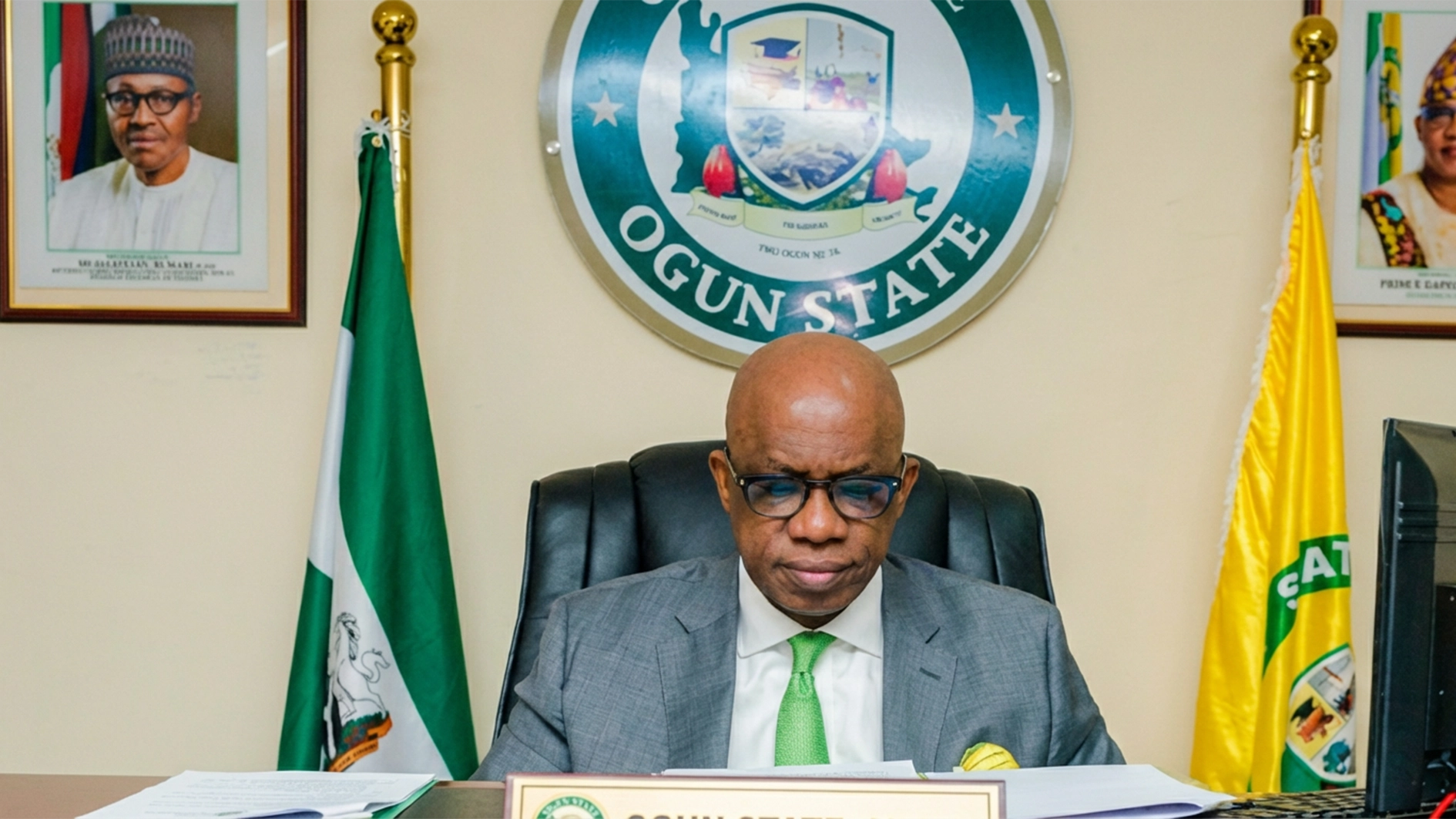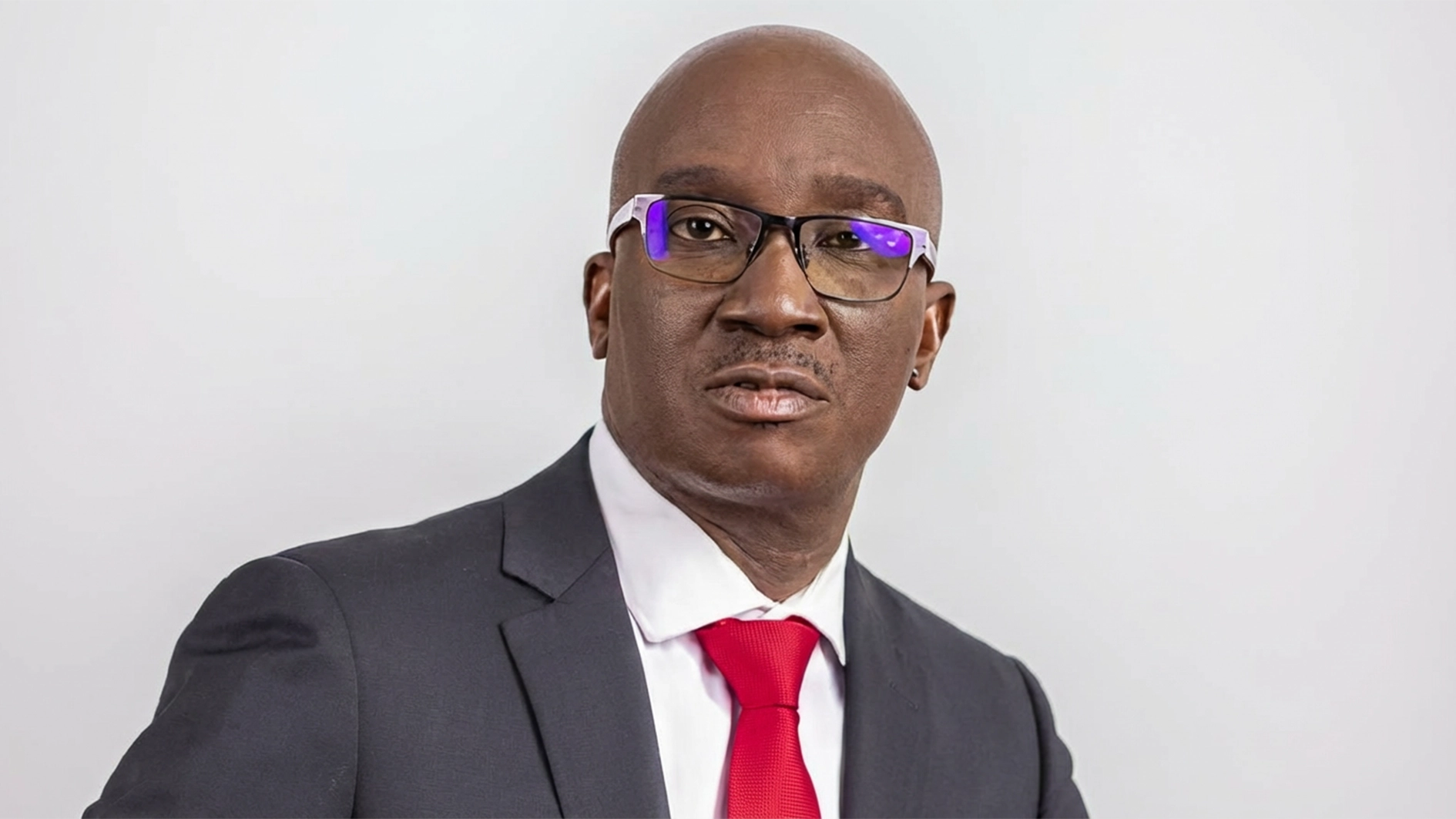
Chairman of Security, Climate Change, and Special Interventions on the Governing Board of the North East Development Commission (NEDC), Sam Onuigbo, has stressed the critical role of legislation in driving climate action across Africa.
Onuigbo, widely recognised as the father of Nigeria’s Climate Change Law, stressed that effective policies and programmes must be anchored in law to ensure continuity, prevent policy reversals, and provide a structured framework for implementation.
Speaking in Abuja on the Draft Model Climate Change Law for Africa, Onuigbo noted that Africa’s climate response requires harmonised legislation across the continent. The validation retreat, organised by the African Group of Negotiators Experts Support (AGNES) in collaboration with the National Institute for Legislative and Democratic Studies (NILDS), aimed to develop a framework that can guide African countries in formulating and implementing climate laws.
He explained that the event was a continuing effort to equip Africans for effective climate actions.
The former lawmaker argued that African nations stand to gain enormously if they work together in the ongoing global battle for sustainability, stressing that although only Kenya, Nigeria, South Africa, and Uganda have enacted climate change laws, a draft model climate change law will assist further continental inclusion.
Onuigbo, who was recognised in November 2023 by the New York-based Business Insider, among 30 Top Global Leaders addressing the climate crisis, commended Dr. George Wamukoya, the team lead of AGNES, Nairobi; and Prof. Abubakar Sulaiman, the Director General of NILDS, for convening and hosting the all-important retreat in Abuja.
He stated: “It is imperative for us to work together to guide other African nations that do not yet have legislation on climate change. This is very important, because legislations serve as guardrails for implementers. Even for those who are formulating policies, the policies have to be formulated within the provisions of the law.
“This is important to move away from the danger of policy somersaults that have been the bane of so many programs in developing nations, with Africa as a case study. Laws will guide; you will operate within the laws in your actions. You do not come in either as a minister or director general, or even president to change the laws at your whims and caprices. So, this is why it is important.
“Above all, the interesting thing about the validation retreat is that those who are leading, especially the team lead, George Wamukoya, is from Kenya. They have their own climate change law. Walters Tubua of UNFCCC, Hon. Emile Guirieoulou, Chair of the Africa Network of Parliamentarians on Climate Change.
“Dr. Rose Mwebaza, who comes from Uganda, is a Director at the United Nations Environmental Programme (UNEP) Headquarters, Nairobi, Kenya. Uganda has a Climate Change Act. Samuel Ifeanyi Onuigbo, who participated, played a role in this project, beginning from 2023, and sponsored the climate change law for Nigeria.
“So, it is not as if we are looking for what to do, but realising that there is a need for all the African nations to have laws to guide them so that we act almost in the same manner, or similar ways, in addressing the issues arising from climate change.”
Onuigbo, who is representing the Southeast on the Governing Board of NEDC, lamented that African countries do not have the advantages enjoyed by developed countries that have already provided some infrastructure to use to respond to disasters.
“Therefore, we have to protect ourselves by doing what we need to do to develop in a sustainable manner. That was the overall essence of the retreat. And the contributions from some of us were such that those countries without laws on climate change will see that they truly need these laws. That is indisputable. But again, different countries, and of course, I made this emphasis, and I would like to repeat it here. Different countries have different political structures. For some African countries, the head of government is a prime minister, probably with a ceremonial president. In some others, you have executive presidents without a prime minister.
“So, these laws will not come as imposition, but as something that people can adopt to their own country. But, they should take cognizance of those critical provisions that can help them to run their system in the most efficient and effective way,” he declared.
Onuigbo, who was inducted into the National Assembly Hall of Fame as one of the five Most Valuable Parliamentarians (MVP), stressed that in order to be able to apply the law across the continent, stakeholders must hold constant consultations across national parliaments.
According to the climate change activist, consultations are necessary to ensure that the laws conform with the African Union Climate Change and Resilient Development Strategy and Action Plan (2022-2032).
Putting the Abuja validation retreat in perspective, the former lawmaker stated: “There also must be consultations across regional bodies like ECOWAS, like SADC, and of course, there must be endorsement and approval by the African Union and the Pan-African Parliament. So, once undertaken, these consultations will now help the leaders of these countries to know about the things we can do. That’s the essence of the validation retreat on the Draft Model Climate Change Law for Africa.
“And there were representatives from UNEP, the UNFCCC (United Nations Framework Convention on Climate Change), which is the key organ of the United Nations, that implements things about climate change. Then, also in attendance, were representatives from the United Nations Development Programme (UNDP).
“So, with NILDS, if you put them together with AGNES, you will then appreciate that this is something for which we are trying to carry everybody along and make sure we have a lot of the facts.”
The former legislator, who represented Ikwuano/Umuahia North/South federal constituency in the eighth and ninth National Assembly, recalled that the validation retreat was a continuation of a previous meeting at Radisson Blu Hotel, Lagos, in 2023.
He said that in the course of that West African Regional Parliamentary Meeting on Climate Change in Lagos, he had presented a paper titled, “The Journey Towards Developing Nigeria’s Climate Change Act 2021” on May 23, 2023, where he harped on the possible pitfalls and approaches to climate change legislation.
“During the Lagos meeting, I had noted that “sometimes, bureaucrats create bottlenecks that eventually frustrate what is in the best interest of the generality of the people,” adding that the journey towards getting the Climate Change Act experienced such bureaucratic conspiracies that dogged the process.
“The essence of pointing this out is to prepare the minds of African Parliamentarians, who are interested in pursuing such Bills in their respective countries. They should be aware of these possible conspiracies that can emanate from bureaucrats, who may feel that the passage of such Bills may strip them of some benefits.
“Be prepared, and never waver. We faced it in Nigeria and today, to the glory of God, the country triumphed over the selfish interests of a few. Climate Change is an existential issue. Yet, in pursuing climate action, African countries have the unique opportunity of not just addressing current climate change impacts, but also launching themselves into fully developed countries built on the principles of resilience, green economy, and sustainable growth.
“That is why most people consider Nigeria’s Climate Change Act as intergenerational and capable of launching the country into a solid and sustainable future. We must pay attention to the fact that the world is quickly transiting,” Onuigbo asserted.
It would be recalled that a validation retreat on the Draft Model Climate Change Law for Africa, which was convened by Nairobi-based AGNES, was hosted by NILDS in Abuja from January 28 to 30, 2025, at the NILDS headquarters, Abuja.
In his remarks at the event, the NILDS DG, Prof. Sulaiman, noted that collective action is needed among the 54 nations to fight the climate change challenge. He believes bridging the infrastructure gap is necessary, even as he laments the lack of funds to fight the menace, particularly in addressing flooding.






